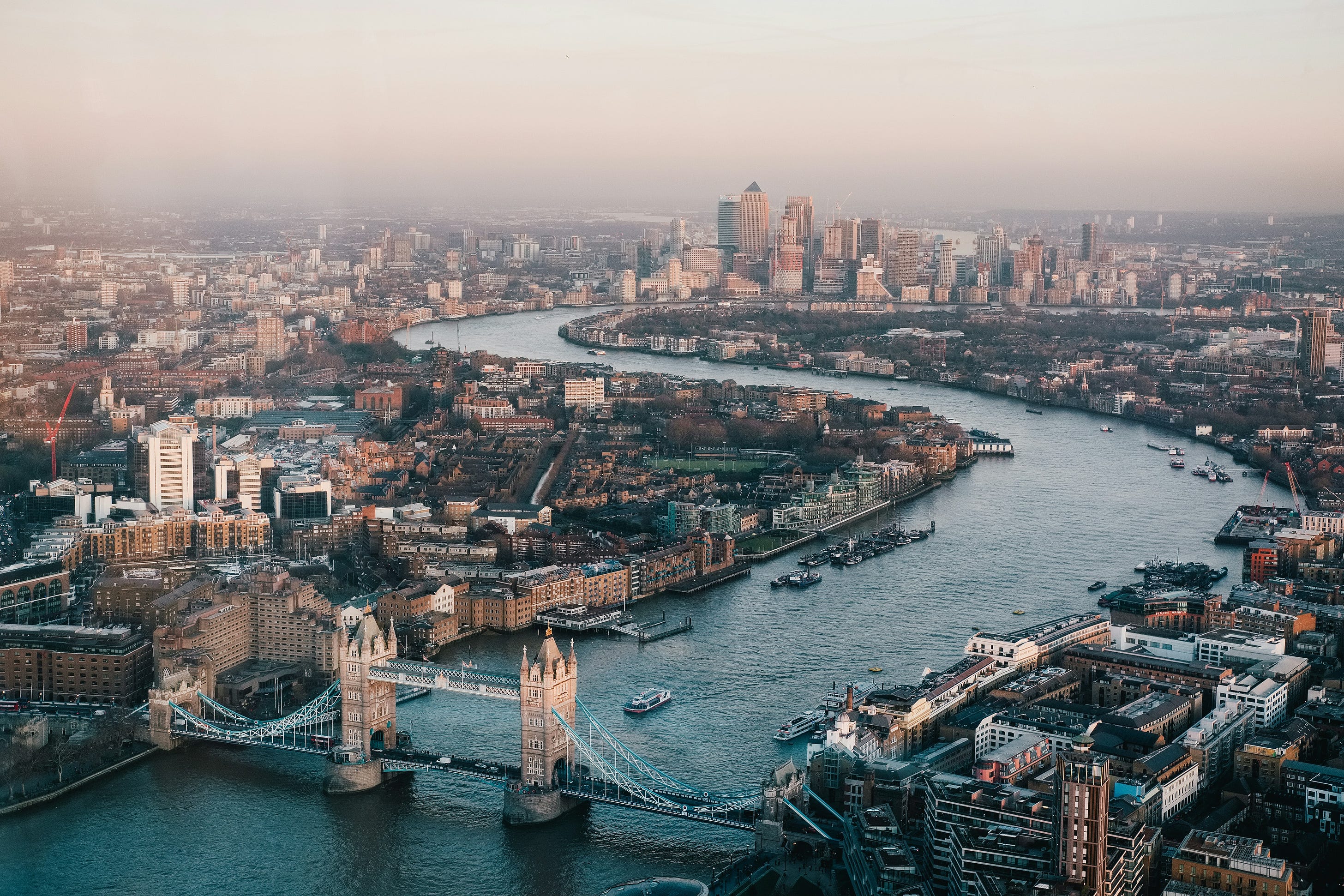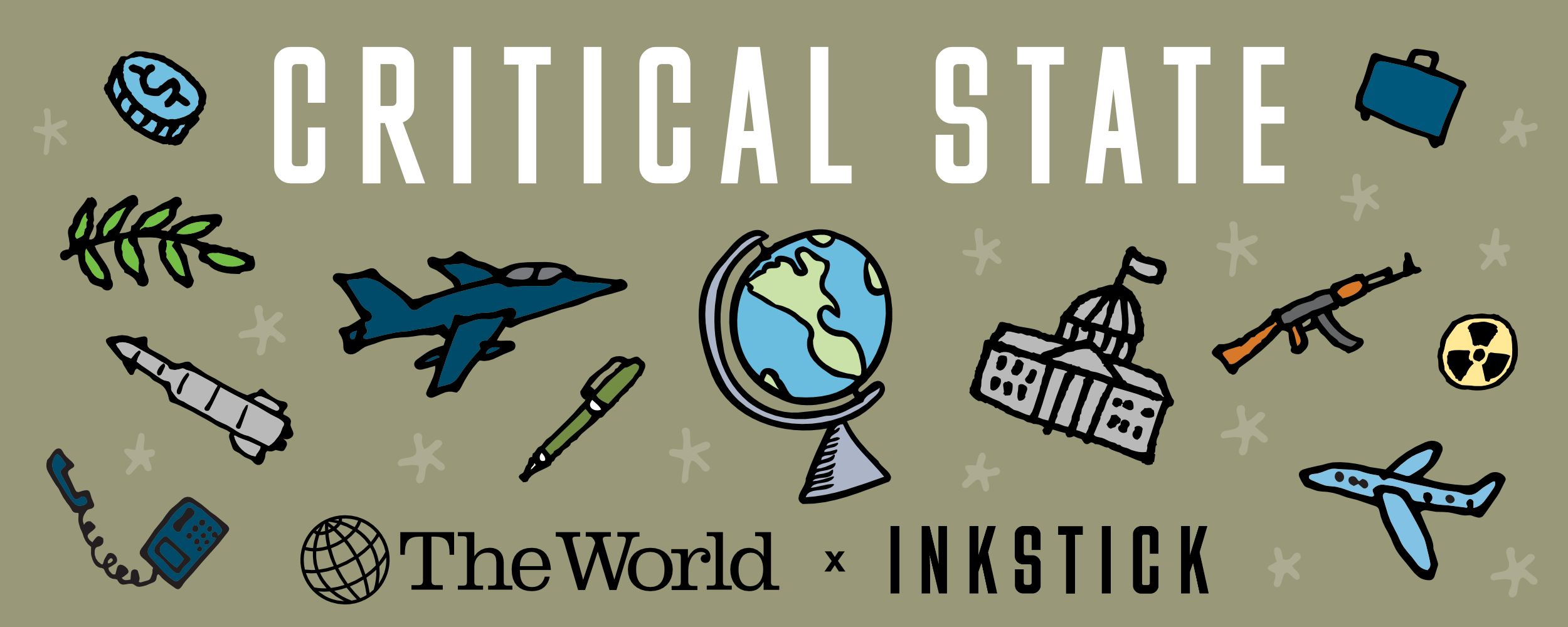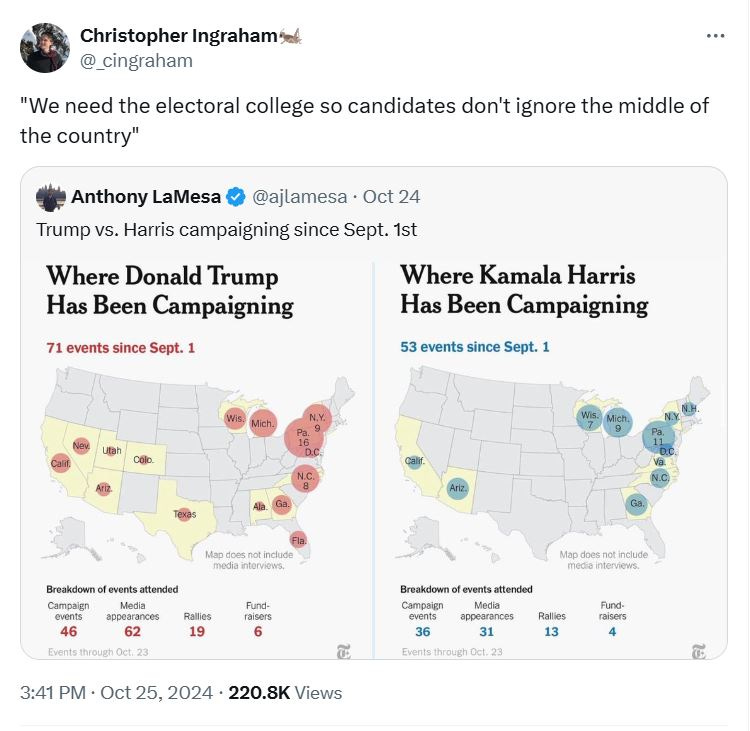|
In VSquare, Tadeusz Michrowski writes on how Orlen, the largest oil company in Central and Eastern Europe, has promised to “go green” in such a way as to leave those promises full of leaky, oily holes. As Michrowski explains, “For years, the company has consistently pursued policies with the priority of preserving profits. It intelligently works with regulations and dilutes responsibility with PR hype.”
First, to get a scope of Orlen’s footprint: “Orlen’s 2022 emissions were equivalent to the carbon footprint of the entire transport sector in Poland, the Czech Republic, Slovakia, Hungary, Finland, and the Baltics combined.”
“One of Orlen’s promises is that the refinery, petrochemicals, and mining will reduce their emissions by 25% by 2030 compared to 2019. On top of this, Orlen commits to reducing the emissions intensity (carbon dioxide produced per kilowatt) coming from its power plants.” But Orlen makes no promises with respect to all emissions linked to the company, meaning what’s changing for Orlen is how they’re framing their statistics, not what is actually being emitted. “And even if Orlen were to reach its promised intensity reduction target by 2030, the company would still be producing energy with a greater CO2 impact than Spain, Portugal or Hungary today.”
If You Read One More Thing: The Place to K-Be
In The Dial, Jasmine Stole Weiss writes about why KMart is the place to be on Guam.
“For most Americans of a certain age, KMart lies in the same memory file as Sears catalogs and floppy disks,” Stole Weiss allows. Not so in Guam, where KMart opened in 1995, and where it has since “been both a mainstay for residents and an attraction for tourists.”
Guam is in a “specific limbo”: Guam has been an unincorporated territory of the United States since 1898, and its inhabitants are US citizens, but they can’t vote in presidential elections and their representative in the House of Representatives cannot actually vote. The government’s been moving toward self-determination for the past 40 years, but even if Guam’s residents do vote to be independent, who’s to say the US will honor their wishes? “Perhaps it is this unique backdrop that has allowed Guam’s Kmart to escape the fate of its shuttered sister stores. The island’s economy is highly dependent on tourism. Pristine beaches draw thousands of tourists to Guam each year, most of them from South Korea and Japan. Visitors are charmed by the showcase of American excess that the Guam Kmart offers.” Plus, there’s no Target.
Black History Month and Fashion in the UK
 |
It’s Black History Month in the United Kingdom and Hyphen Online is celebrating by looking not only at history, but at the cultural offerings of the present.
Aisha Rimi at Hyphen Online is covering three Black Muslim fashion designers whose work is tied to their African or Caribbean heritage.
Sauda Husna Imam, a multidisciplinary artist and designer, offered, “Coming from Nigeria, I’ve been exposed to a rich culture with many traditions. Everything I see back home is inspiring, from the architecture to the people, food and fashion.” Deborah Latouche, founder and creative director of Sabirah, said, “Recent collections have been inspired by Black women, celebrating them in an empowering way… My use of color is also shaped from my Caribbean heritage and many holidays back home.” And Hafza Yusuf, a textile designer, art educator and founder of Hafza Studio told Rimi: “I celebrate our culture through textiles, by taking inspiration from the bold colors and intricate patterns of Somali fabrics and bringing them back in contemporary styles.”
Deep Dive: Participation Politics
We assume that participatory governance arrangements — where policy development includes citizens — help strengthen elected officials’ leadership capacity. But do they really? That’s the question at the core of a new paper from Marte Winsvold and Signy Irene Vabo published last month in Governance: An International Journal of Policy, Administration, and Institutions.
Winsvold and Vabo define political leadership as an activity that involves helping a group of people “create and realize commonly shared goals.” The authors believe that “In a democracy, it is vital that the elected representatives, who manage the community's shared resources, have the capacity to exercise political leadership, as the lack of leadership capacity would prevent the community from developing in a collectively defined direction.”
They say political leadership includes identifying issues that need addressing through collective action; finding solutions to communal problems; and gathering support for implementation of policies.
They take a mixed methods approach and use a survey of over 2000 Norwegian local councilors from municipalities and subsequent case studies looking at two municipalities.
“Norwegian local governments have a broad responsibility for welfare services in a highly decentralized social–democratic welfare state,” the authors explain. “Hence, Norwegian local governments represent vital political systems where the effect of participatory governance arrangements on political leadership matters; therefore, they are suitable as cases for investigating the relationship between such arrangements and political leadership.”
Norway it is, then.
The authors found that, in fact, sharing power through interactive arrangements, where politicians and citizens work together to develop policies, is actually associated with lower perceptions of political leadership capacity than “giving power away through distributive arrangements,” where groups of citizens are delegated political competencies.
Politicians were especially ambivalent about interactive arrangements that might interrupt the traditional way of “doing political leadership.” And the lowered perception for political leadership capacity was tied to the reality that, in interactive arrangements, politicians are still responsible for matters over which they no longer have control.
Case studies as well as statistical analysis revealed that “politicians in the interactive municipality felt that the interactive participatory governance arrangements somewhat detracted from their ability to set agenda, whereas politicians in the distributive municipality believed that the distributive arrangement left their agenda-setting abilities untouched.”
The authors conclude that the apparent perception of sharing power is more disempowering than giving power away.
The authors suggest two mechanisms account for this. First, that the obligation "to share power with citizens prevented politicians in the interactive municipality from acting in line with the norms of representative democracy.”
Second, that “in the interactive setting, the loss of power was more visible to politicians, because they were continuously and actively engaged in the process of sharing it.”
While the authors feel that their study offers an important contribution to our understanding of participatory government arrangements, they feel future research should look further at other contextual factors that may come into play with perceptions of political leadership.
Show Us the Receipts
Hanna Davis wrote on how, for Palestinian refugees in Lebanon, the present moment offers an echo of the past. That doesn’t make the present any less harrowing: “According to estimates, the fighting has displaced more than 1.2 million people. Lebanese authorities say it may be the “largest displacement movement” the country has ever experienced. Since Israel began its airstrikes on Lebanon on Oct. 8, 2023, have killed 2,483 people and injured 11,628 people, the Lebanese health ministry announced on Oct. 21.”
Michael Fox examined how Chileans are grappling with the legacy of the 2019 country-wide protests for socioeconomic reforms five years later. After the protests, the country twice tried to rewrite the constitution, but both efforts were voted down — the first, for being too leftist; the second, for being too inclusive. And today there is a sense from some in Chile that everything has gotten worse over the last five years: “President Gabriel Boric, a former student leader and congressman, rode the protest wave to power with the promise of rewriting the constitution. But many progressives say he’s turned his back on them. On the anniversary of the 2019 protests two years ago, he defended the military police crackdown on protesters.”
Emily Johnsona and Lydia Tomkiw looked at how Ukrainian writers are trying to use literature to help children cope with war. “The ongoing war in Ukraine has raised heavy topics for children and teenagers: death, PTSD and parents who are away from home fighting. Since the full-scale invasion, the shelves of local bookstores have begun to overflow with books by Ukrainian authors. Many are aimed at helping kids — and the adults who read with them — to process their extraordinary circumstances.” Ukrainian publishers are working under hard and traumatic circumstances, though a law requiring that foreign-language books be translated into Ukrainian and a ban on Russian-language book imports has helped Ukrainian authors in a country previously dominated by Russian-language books.
Well-Played
Happy “Clue” watching season to all who observe.
Just noting.
Cheer up, Pagliacci.
Well, that’s a relief.
Critical State is written by Emily Tamkin with Inkstick Media.
The World is a weekday public radio show and podcast on global issues, news, and insights from PRX and GBH.
With an online magazine and podcast featuring a diversity of expert voices, Inkstick Media is “foreign policy for the rest of us.”
Critical State is made possible in part by the Carnegie Corporation of New York.
You're currently a free subscriber to Inkstick’s Substack. For the full experience, upgrade your subscription.

